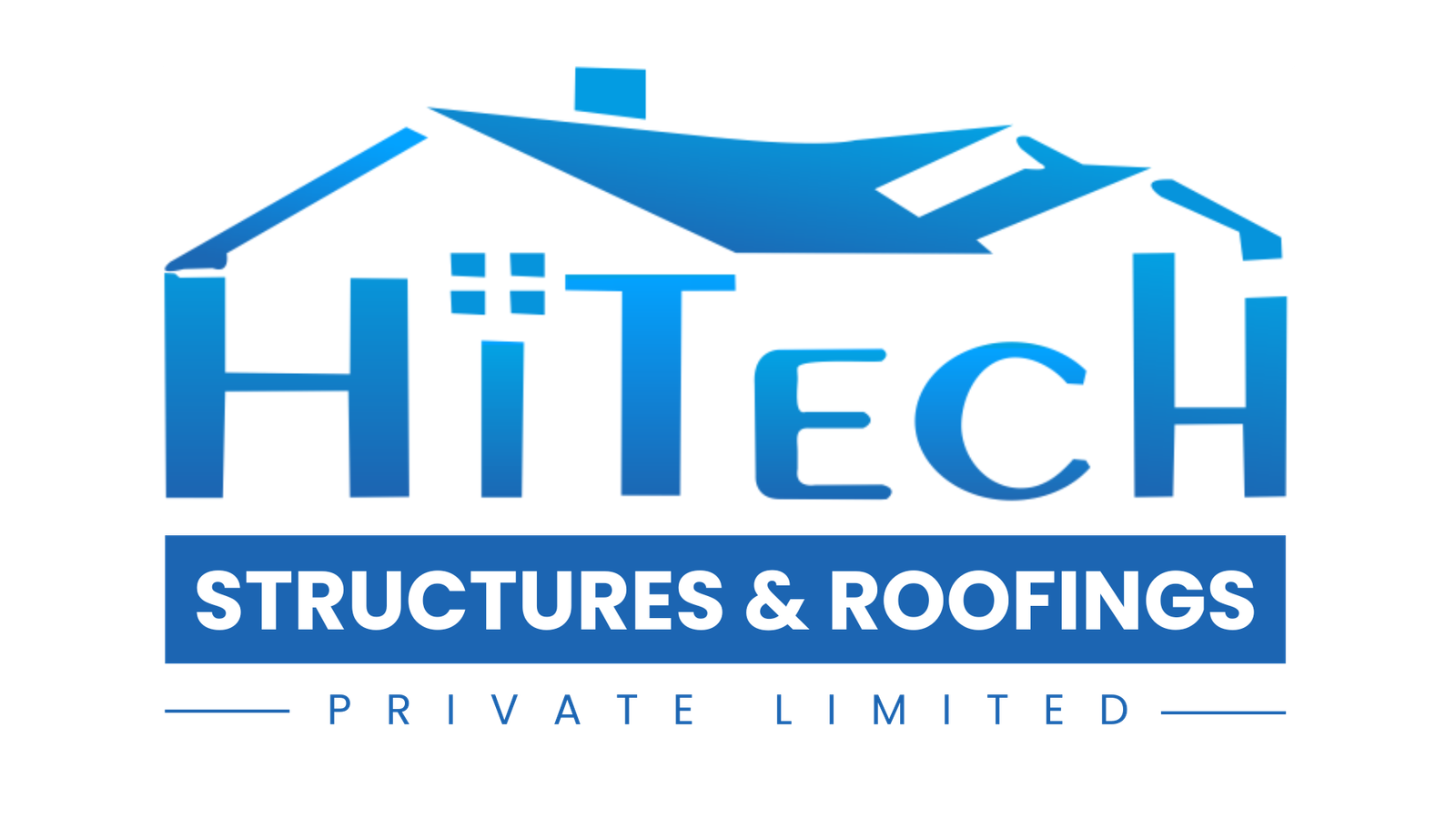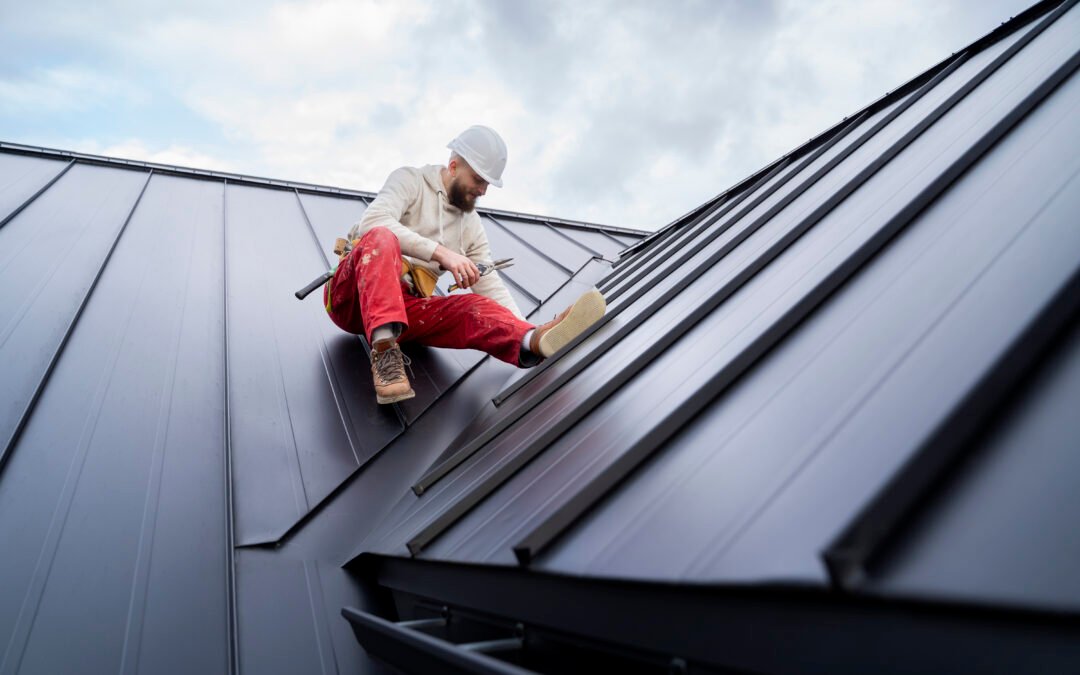Choosing the right and best roofing sheet for an industrial building is a critical decision that impacts everything from durability and maintenance costs to energy efficiency and safety. Whether you’re constructing a new manufacturing plant, warehouse, cold storage, or distribution center, the best roofing material you select can significantly influence the performance and longevity of your building.
With so many options available in the market — from metal sheets to polycarbonate panels — how do you make the best roofing choice? knowmore
1. Understand the Purpose of Your Industrial Building
Before you dive into materials and prices, it’s important to clearly understand what your industrial building will be used for.
- Will it house heavy machinery or sensitive equipment?
- Is temperature control crucial for your operations?
- Will the building be exposed to harsh weather conditions like heavy rain, extreme heat, or strong winds?
2. Popular Roofing Sheet Materials for Industrial Buildings
a) Metal Roofing Sheets (Galvanized, Galvalume, Aluminum)
b) Polycarbonate Roofing Sheets
c) Fibre Reinforced Plastic (FRP) Sheets
d) Insulated Sandwich Panels
3. Consider the Climate and Environmental Factors
The climate and environmental conditions around your building site play a huge role in roofing sheet selection.
- Heavy rainfall areas need roofing with good water drainage and corrosion resistance.
- Hot and sunny climates benefit from reflective coatings and insulated panels to reduce heat gain.
Selecting roofing sheets tailored to your environment will improve the building’s performance and lifespan.
4. Assess Load-Bearing Capacity and Structural Requirements
Industrial buildings often require roofing that can withstand:
- Heavy wind loads
- Snow loads (in colder regions)
Make sure to choose roofing sheets with adequate thickness (usually 0.45 mm and above) and appropriate profiles such as trapezoidal or standing seam for extra strength.
5. Prioritize Insulation and Energy Efficiency
Energy costs are a major operational expense for industrial buildings. Good roofing sheets can reduce cooling and heating needs significantly.
- Insulated sandwich panels are the best option for maintaining indoor temperatures.
- Reflective colour coatings or white roofing sheets can reduce heat absorption.
- Polycarbonate sheets can be combined with insulated panels for daylighting without compromising insulation.
Choosing roofing sheets that improve energy efficiency not only lowers bills but can also contribute to green building certifications.
6. Fire Resistance and Safety Standards
Certain industrial operations involve flammable materials or generate heat. It is crucial to select roofing sheets that comply with fire safety standards.
- Metal roofing sheets generally offer excellent fire resistance.
- FRP and polycarbonate sheets should be fire-retardant grades.
Always ensure roofing materials meet local fire codes and insurance requirements.
7. Maintenance and Longevity
Industrial roofing should require minimal maintenance since downtime for repairs can be costly.
- Metal roofing sheets, especially galvalume, are known for low maintenance.
- Colour-coated sheets resist fading and corrosion longer.
Factor in the lifespan of roofing sheets, which typically ranges from 20 to 50 years, depending on material and maintenance.
8. Budget Considerations
While cost is always a factor, don’t compromise long-term performance for short-term savings.
- Metal sheets are generally affordable and offer good value.
- Insulated panels cost more but save on energy bills.
Consider the total cost of ownership, including installation, maintenance, energy savings, and potential downtime.
9. Warranty and Manufacturer Reputation
Always buy roofing sheets from reputable manufacturers who offer:
- Clear warranty terms (often 10 to 25 years)
- Technical support and installation guidance
A strong warranty and trusted brand reduce risks and provide peace of mind.
Conclusion
Choosing the right and best roofing sheet for your industrial building requires a balanced consideration of your building’s purpose, local climate, structural needs, energy efficiency goals, safety standards, and budget.
Consulting with roofing experts, structural engineers, and manufacturers can help tailor the perfect roofing solution for your industrial building, ensuring durability, efficiency, and safety for years to come.

